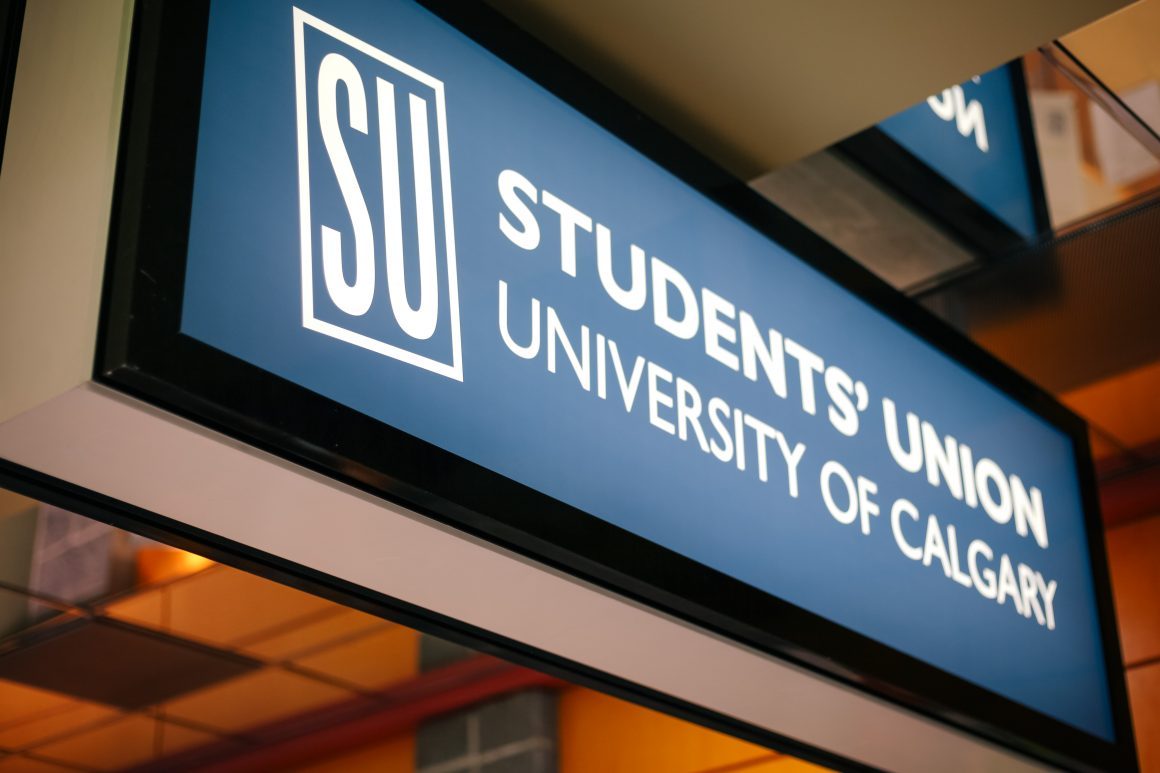
Students and faculty rally to save the African Studies program
By Luis Armando Sanchez Diaz, November 24 2020—
Students at the University of Calgary are trying to make it easier to obtain a minor in African Studies.
Only two AFST courses are currently offered, making it very difficult to obtain a minor. In a Facebook post made by the African – Caribbean Students Association, students say the AFST classes are positioned to “uniquely address colonial legacies, racism and stereotypes in a decolonized manner.”
The Gauntlet spoke with three people that are part of a student- and faculty- led initiative seeking to revitalize the African Studies program through funding by the Students’ Union Quality Money committee.
Ebenezer Belayneh, a fifth-year student in Economics and Global Development Studies, Prudence Itika a second-year student majoring in Sociology and senior instructor at the Department of Anthropology and Archeology, Dr. Rowland (Caesar) Apentiik are joining forces to make this plan a reality.
The group is trying to “raise awareness and try to put this program on the map,” said Apentiik, who ultimately wants to “expand the course coverage and make it relevant to the students.”
Apentiik began by teaching a couple of courses at U of C in 2003. He then became a full-time professor four years later. He noted that the African Studies “program was very popular around the university” but that between 2009–10 the main problem, and one that currently affects the program, is that the availability of course offerings declined.
“There’s only two classes that have been offered for the last decade,” said Belayneh. He said that every Black student he knows at some point in their degree has attempted to minor in the program.
“Unfortunately, due to the fact there is only two courses, it’s nearly impossible,” he said.
When asked if she thought the main problem that the African Studies program is facing is the lack of financial resources allocated to the program, Itika noted that it is not only underfunded, but understaffed. She pointed out that Apentiik is the only instructor for the program.
If approved by the Students’ Union, the initiative is set to receive approximately $300,000 in funding over a span of three years which will help to introduce two to three new courses per year until a total of ten are available for all undergraduate students that are interested.
According to Belanyeh, the funding will also go toward hiring “a permanent-qualified-Black-African faculty member who is there to champion the program.” mentioned Belayneh. That person, along with Apentiik, will be in charge of running and overseeing the program. The ground-breaking strategy also plans to introduce the first-ever class dedicated to the study of Anti-Black Racism.
“If this application is accepted, the University of Calgary will have the most robust and biggest African Studies program compared to any other Canadian university. We will be number one in terms of having many available courses to take in the discipline of African Studies,” said Belayneh.
The SU has set Nov. 27 as the deadline for students, staff or faculty members to submit their applications to receive funding for an initiative. Those who participate will be notified about the judgement that the Quality Money committee makes in April 2021.
Itika stressed that this program will help to expand students’ horizons in terms of the knowledge people will have regarding African issues — a contrast to the current awareness of the second most populated continent on the planet.
“Africa is always overlooked, despite Africa being such a large continent with such a large population and having contributed so much to humanity. It continues to be overlooked,” she said. “We need to fight to change that.”
The three members expressed that this initiative aligns with the values and strategies that the university has put forward. Apentiik mentioned that the new courses will help students to internationalize their degrees and prepare them for the workforce in the future by becoming more educated on matters surrounding Africa, encompassing a socio-cultural perspective as well as a political and economic lens.
“You become a better-informed global citizen when you study Africa,” said Belanyeh. “The time to act is now.”
“We have to leave things better than how we found them,” said Itika, noting that the program will lead students of all races to better understand African history and culture.
“If we truly want to tackle racism, we need to teach about various cultures. We need non-people of colour to get used to not only seeing people of colour in their classrooms and in their office but wee need to get them used to learning about those people. It needs to be part of the general discourse.”
Apentiik shared part of a note sent to him by a former student, voicing support for the initiative. The student is now practicing law at a private firm after working as a Crown prosecutor and shared how much the program shaped his world view.
“My education in [Development Studies] DEST and [African Studies] AFST offered me opportunities to not only expand my knowledge, but expand my experience. I travelled to Ghana with Dr. Apentiik and was able to see first-hand the issues and solutions I had only read about,” said the letter.
“Issues of systematic racism, stereotypes, white privilege and generational trauma are central to prosecuting under Canada’s Criminal Code […] I firmly believe that but for my educational experience in DEST and AFST, I would not have the necessary insight and understanding of these issues to be effective in my chosen profession.”
Students can sign a petition in support of this initiative here.
